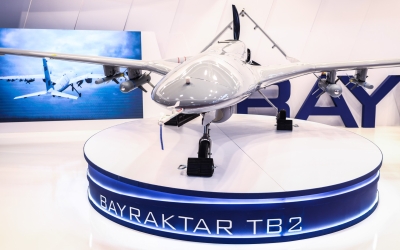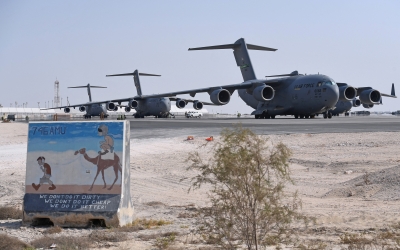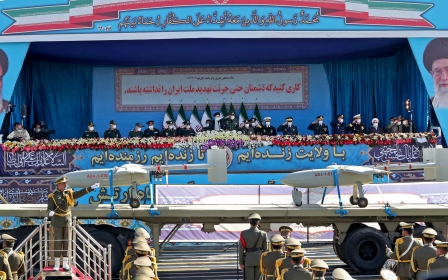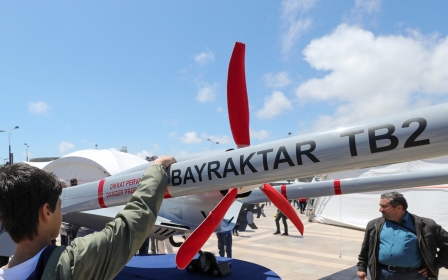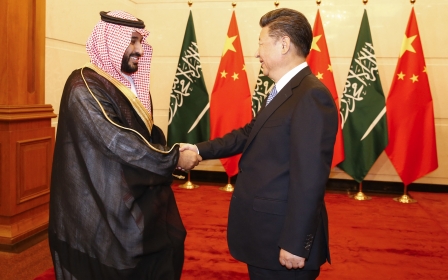US plans to open new military testing facility in Saudi Arabia: Report
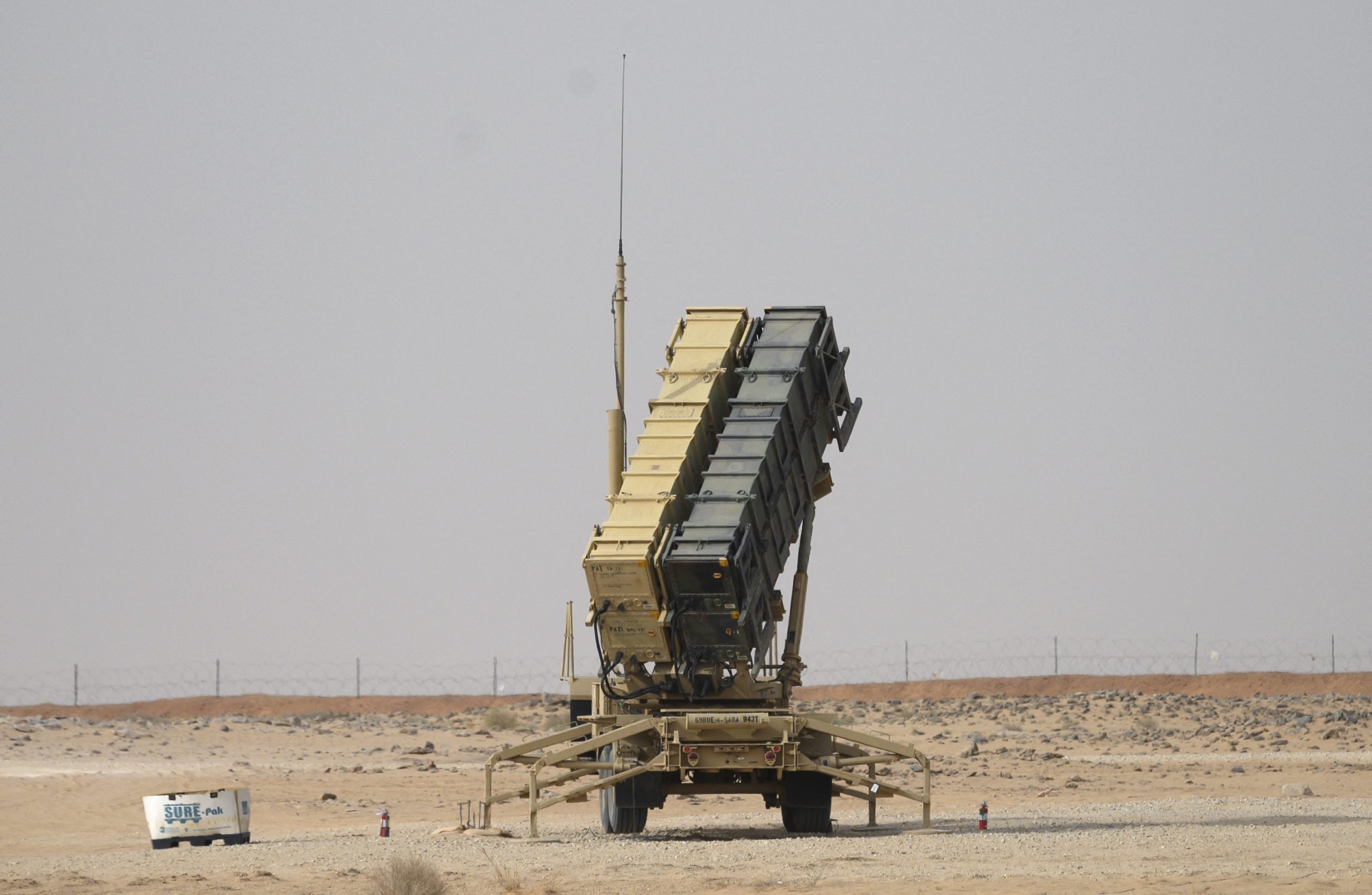
The US military's Central Command is working on plans to open a new testing facility in Saudi Arabia, NBC News reported on Friday, citing three unidentified US defence officials.
The site will test new systems to counter unmanned aerial vehicles (UAVs), along with testing and developing integrated air and missile defence capabilities.
The report says the location has not been finalised, but US officials see Saudi Arabia as a good choice, due to its open terrain owned by the government, which would allow for testing of electronic warfare systems away from the public.
Central Command, or Centcom, which oversees all US military activity in the region, plans to call the facility the Red Sands Integrated Experimentation Center. The US maintains the White Sands Missile Range, a testing facility for extended-range missiles, in New Mexico.
UAVs have emerged as a key security challenge for the US and its allies in the region. Iran has targeted US bases with drones sourced from cheap, commercially available components. Meanwhile, Iran-aligned proxies, such as Houthi rebels in Yemen, have used drones to target Saudi Arabia and the United Arab Emirates.
Last year, the top Centcom official warned that, because of the proliferation of UAVs, the US was operating without complete air superiority for the first time since the Korean war.
Regional machinations
Talks about a new testing facility in Saudi Arabia come as the US is looking to deepen security cooperation between Israel and its Arab allies. Last year, Israel was transferred to Centcom's area of responsibility; it was previously under US European Command.
In a sign of how the US is trying to bring its allies into closer cooperation, MEE reported that Israeli military officials were secretly dispatched to al-Udeid, the US air base and the forward operating headquarters of Centcom in Qatar, despite Israel and Qatar having no official diplomatic relations.
But in July, the UAE called plans for such a military alliance a "theoretical concept", while Saudi Arabia has tempered Washington's hopes it was on track to establish full diplomatic relations with Israel.
One wild card remains the potential revival of the Iranian nuclear deal, hopes for which have flagged in recent weeks. Israel opposed the original agreement and has lobbied Washington against re-entering the pact.
While many Gulf states welcomed the Trump administration's decision to unilaterally withdraw from the pact in 2018, some have more recently hedged with Tehran.
The UAE enjoys a flourishing economic relationship with Iran, which has limited the power of US sanctions. Abu Dhabi reappointed its ambassador to the Islamic Republic last month. Qatar, which shares the world's largest gas field with its neighbour across the Gulf, has mediated efforts to revive the pact.
Signs that the US is looking to deepen security cooperation with Saudi Arabia are also likely to spark pushback from rights groups, and some members of Congress. President Joe Biden pledged to make the kingdom a pariah over human rights abuses, including the October 2018 killing of Middle East Eye and Washington Post columnist Jamal Khashoggi.
The US leader has since made a policy U-turn, with the war in Ukraine sending energy prices higher and Russia and China making inroads in the kingdom. Biden visited the oil-rich monarchy in July and met with its 37-year-old de facto ruler, Crown Prince Mohammed bin Salman.
Middle East Eye delivers independent and unrivalled coverage and analysis of the Middle East, North Africa and beyond. To learn more about republishing this content and the associated fees, please fill out this form. More about MEE can be found here.


